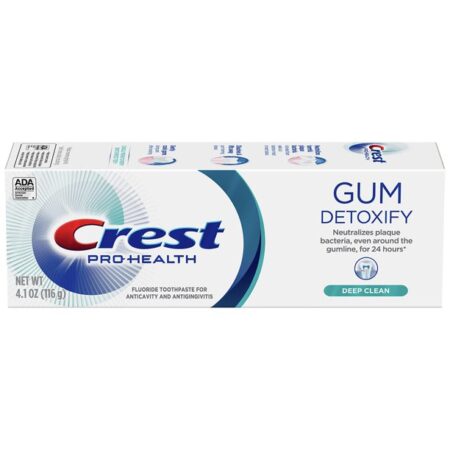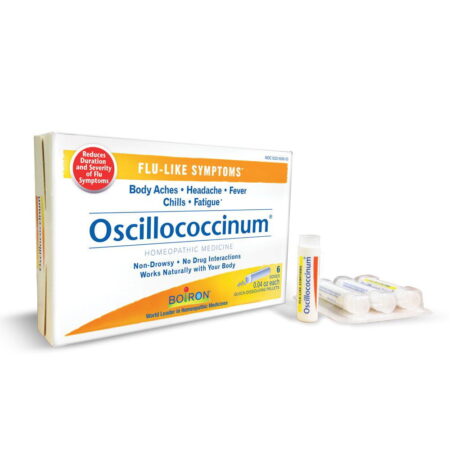Which diet plan is much better: reasonably lower meat intake and consume more fruit, veggies and wholegrain items, as suggested by the German Nutrition Society? Follow Germany’s southern next-door neighbors’ example and consume more fish and seafood? Or perhaps change totally to a vegan diet plan? A brand-new research study by the University of Bonn (Germany) reveals that the response to these concerns is not as specific as one may believe– depending upon which affects one carefully looks. The outcomes are released in the journal Science of The Overall Environment.
950 kgs of food and beverage are taken in by every person in the EU yearly– a significant amount, the weight of a little automobile. Worldwide, food is accountable for a quarter of human greenhouse gas emissions. A big part of this is because of animals farming: Animals transform just a little part of the fed calories into meat. Ruminants likewise produce methane, which even more speeds up worldwide warming.
In Addition, what we consume likewise has effects for our health and animal well-being. When comparing diet plans, these elements need to likewise be taken into consideration. Specialists likewise describe the ideal health of human beings, animals and the environment as the “One Health” point of view. “Research studies that use this point of view to nutrition concerns are still unusual, nevertheless,” describes Juliana Paris of the Center for Advancement Research Study (ZEF) at the University of Bonn (Germany).
Real food basket compared to 3 options
Paris, together with associates, carried out an analysis that intends to fill this research study space to some degree. “To do this, we had a look at examples of which items are on the food basket of individuals in North Rhine-Westphalia,” she describes. “We then compared this recommendation diet plan with 3 various situations: a shift according to the suggestions of the German Nutrition Society (DGE), a shift to a Mediterranean diet plan with more fish and seafood, and a shift to a vegan diet plan.”
In each of these 3 situations, the foods were picked to vary from the recommendation diet plan as less as possible. “That implies, for instance, that in the Mediterranean variation, we increased the percentage of fish and seafood, veggies and grain items,” Paris states. In addition, the general item choice need to consist of the very same nutrients in comparable quantities as previously. This provided the scientists a food basket for each situation, which they then evaluated even more.
” To do this, we depend on different databases,” states Dr. Neus Escobar of the Institute for Applied Systems Analysis in Austria, who monitored the work. “They allowed us, for instance, to approximate the effect of each diet plan on particular ecological elements– such as the quantity of greenhouse gases produced throughout their production or the water intake. We took a comparable method to evaluate the effect of each diet plan on health.” Red meat, for instance, is understood to increase the danger of particular cancers and heart disease.
The scientists approximated the effects for animal well-being utilizing a number of indications. These consisted of the number of animals lose their lives as an outcome of food intake and under what conditions they are kept. “However we likewise utilized the variety of nerve cells or the size of the brain in relation to the body to approximate the degree to which the particular animals really suffer when they are utilized,” describes Juliana Paris.
Fish rather of steak: helpful for the environment, bad for animal well-being
Any of the 3 diet plans would be sustainably helpful from a One Health point of view. Nevertheless, this is likewise at the expenditure of other elements. The vegan diet plan scored best in lots of locations. Nevertheless, the production of vegan food includes increased water intake. “In addition, vegans require to take particular nutrients independently, such as vitamin B12, vitamin D and even calcium,” Paris states.
The Mediterranean diet plan (although healthy) likewise leads to increased water requirements due to the high quantity of nuts and veggies. Additionally, if– as presumed in the research study– the meat taken in is totally changed by fish, its impacts on animal well-being are remarkably unfavorable: As fish and seafood are much smaller sized than, for example, cows or pigs, substantially more animals suffer as an outcome of this diet plan. The increased intake of honey, which needs extensive management of bee nests, likewise has an unfavorable effect. “It ‘d for that reason helpful to fulfill less of your general protein requires from animal sources,” Neus Escobar highlights. “In addition, many individuals today have diet plans that are substantially too abundant. If they minimized the quantity of food they consumed, to what they truly require, it may have extra favorable impacts.”
According to the research study, the DGE suggestions are entering the ideal instructions. Nevertheless, in regards to human health, the other 2 alternatives are much better. However, the information here likewise reveal: If you do without meat regularly and rather put entire grains, veggies and fruit on your plate, you are not just doing something helpful for yourself, however likewise for the animals and the environment.






